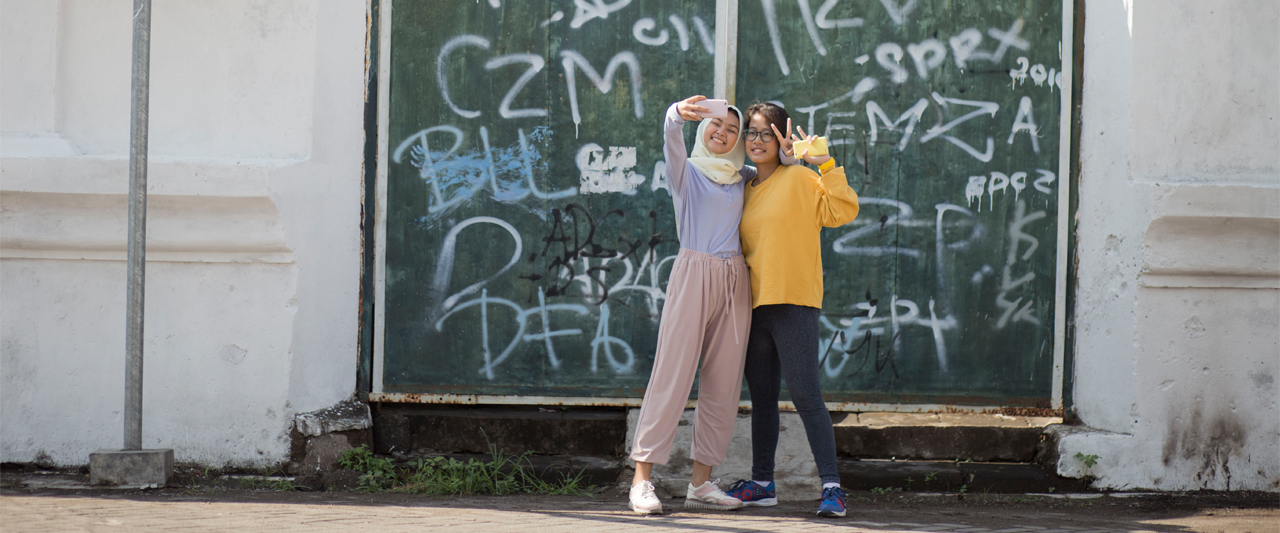Ipas recognizes the power of young people and works to center their voices and needs in all that we do. We believe that all young people deserve the right to make their own informed decisions about their sexual and reproductive health.
But this right is often denied due to many interrelated factors, including child marriage, teenage pregnancy, and school dropout (known as the CTS Nexus).
We recognize that the CTS nexus is an important framework for enhancing reproductive justice for and by young people. Left unaddressed, these three factors constitute gender-based violence due to the great harm they cause young women and girls.
Below are seven ways we are fighting this form of violence across the world.
2 webinars to watch
- In August 2024, to mark International Youth Day, we hosted “Empowering Youth: Addressing Child Marriages, Teen Pregnancies and School Dropout Rates”
- In November, for the 16 Days of Activism Against Gender-based Violence, we hosted “Child Marriage + Teen Pregnancy + School Dropout = Gender-Based Violence”
1. Ipas Collaborative Fund grantee’s project helps keep Kenyan girls in school
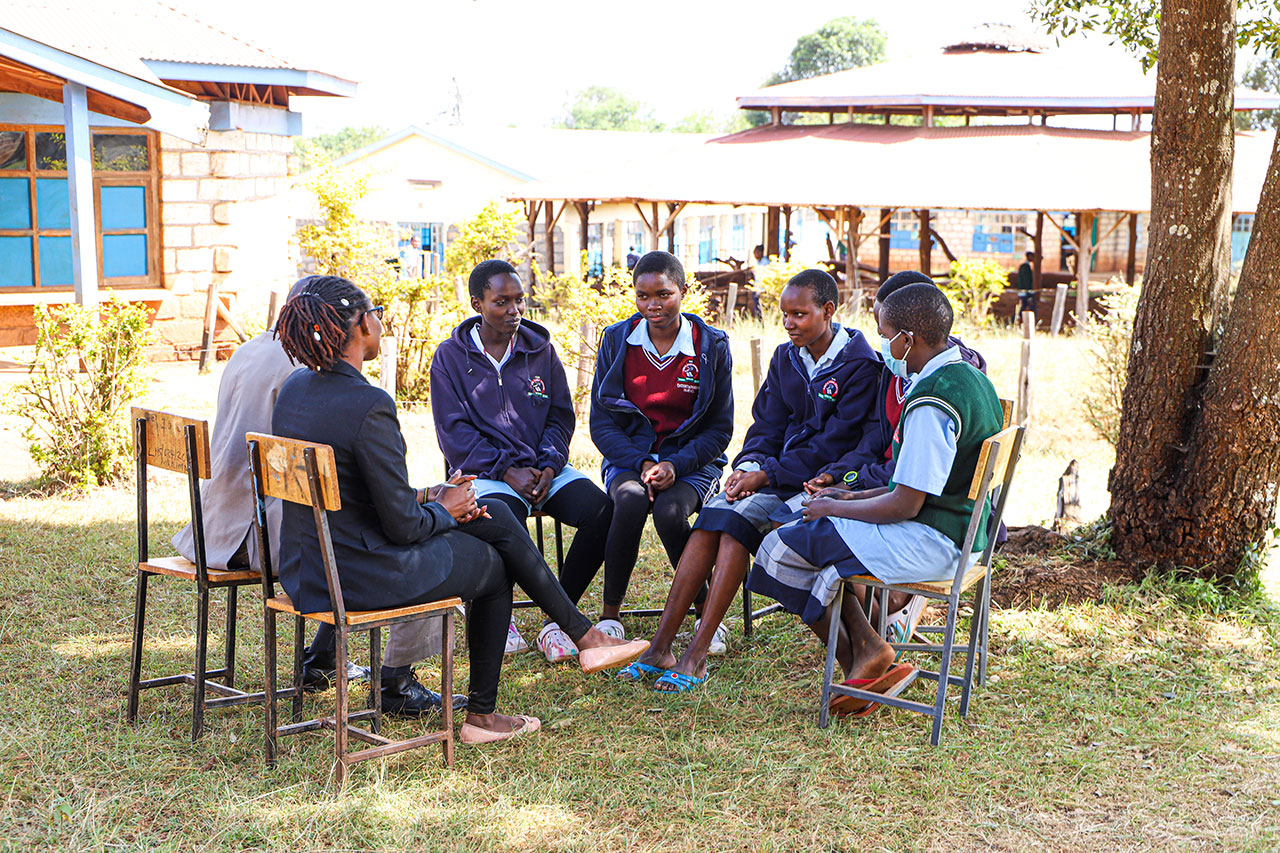
Esther Sweeney
Amos Simpano and his colleague, Hellen Topisia, chat with girls from Loita High School on the school grounds. Secondary school enrollment was one of Entashata’s flagship projects.
Community-based group Entashata, based in rural Kenya, is an Ipas Collaborative Fund grantee. The organization’s commitment to education resulted in an annual campaign to enroll boys and girls in schools, boasting over 50 girls supported completing their secondary education. The project also provides sexual and reproductive health and sexuality education for youth.
“The involvement of youth, both in and out of school, further contributed to reaching vulnerable groups, addressing stigma, discrimination, and unmet needs for family planning services.” — Amos Simpano, Entashata co-founder
2. Testimony from Ipas on child marriage spurs government commitment in Bolivia
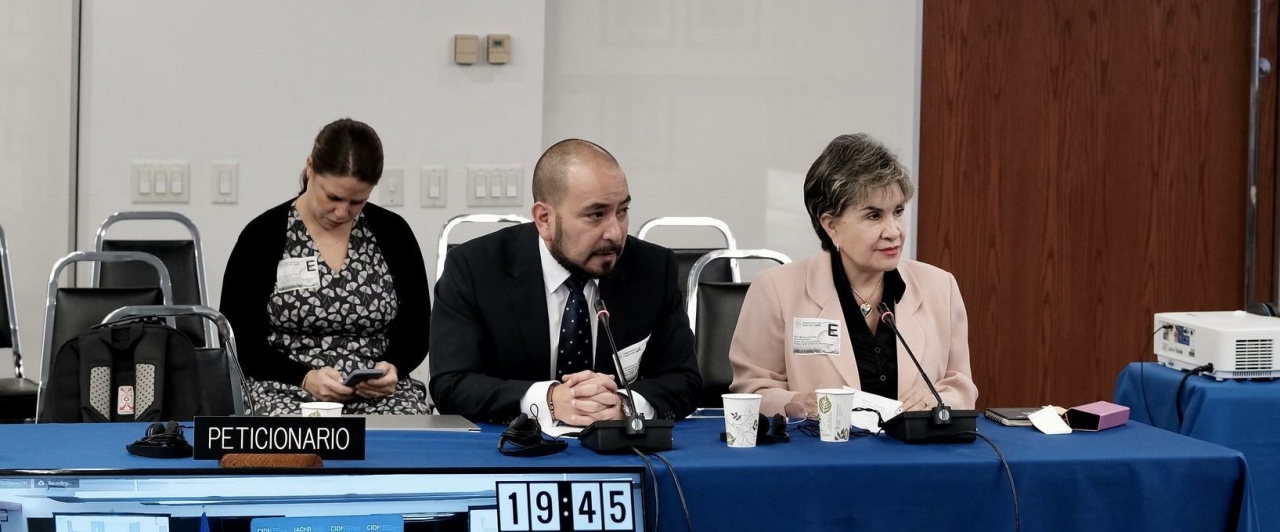
Ipas Bolivia
Ipas Bolivia Director Dr. Malena Morales and Policy Coordinator Martín Vidaurre presented testimony at the hearing.
To tackle the disturbingly high rate of child marriages in Bolivia, the Inter-American Commission on Human Rights (IACHR) held a public hearing on “child, early and forced marriage” in Bolivia. Responding to the testimony Ipas Bolivia presented at the hearing, Bolivian government officials promised to take action to address the child marriage crisis.
“We emphasized the need for comprehensive strategies to ensure girls and adolescents can fully exercise their reproductive rights.” — Dr. Malena Morales, Ipas Bolivia director
3. Youth reproductive health project empowers women and girls in rural India
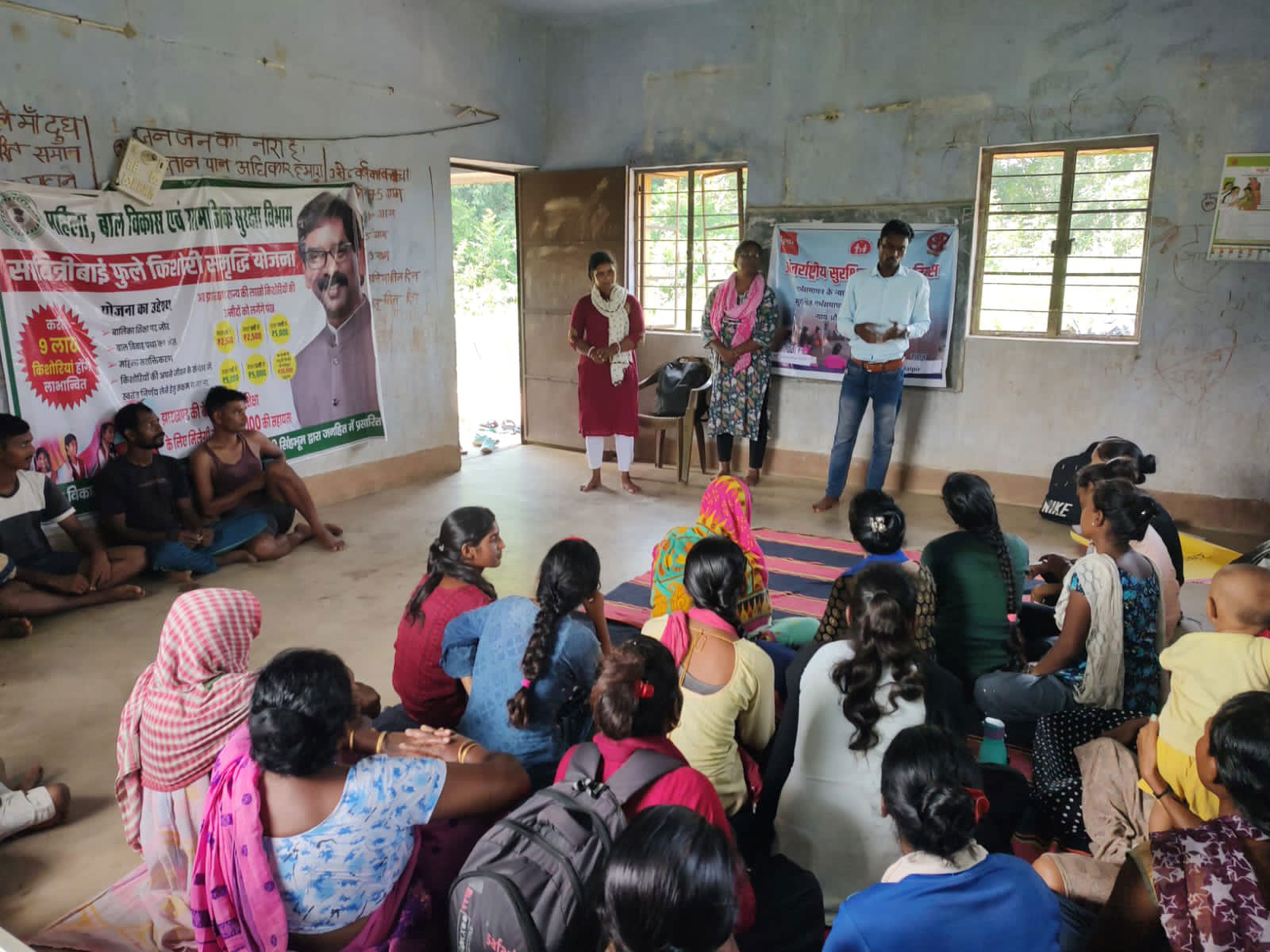
© IDF
International Safe Abortion Day 2023, Jharkhand, India
Ipas Development Foundation’s youth sexual and reproductive health project has empowered over 1,200 adolescent girls and young women as Youth Leaders and Community Champions to promote sexual and reproductive health (SRH) knowledge and decisionmaking in remote villages across four states in India.
“These leaders have reached over 100,000 young women, fostering awareness of SRH rights, gender equality, and life skills. They’ve created platforms for discussions, addressed barriers like early marriage and domestic violence, and engaged local governance, parents and community influencersto amplify the voices of adolescents in their communities.’ —Moumita Sarkar, Ipas Development Foundation Senior Regional Director, Programs
4. CTS Interventions in Mozambique strengthen youth autonomy and self-esteem
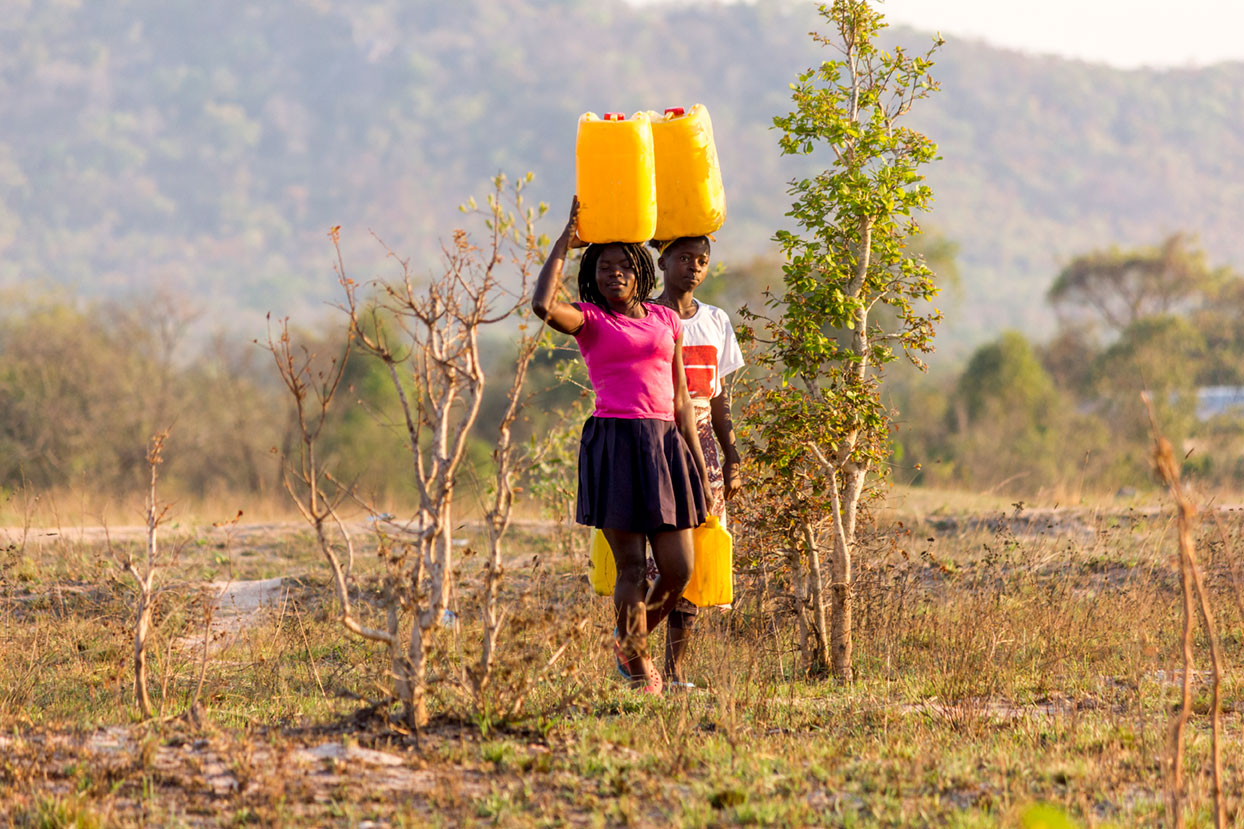
istock/Ivan Bruno
Mozambique has the highest rate of child marriage in the Africa region, with 32% of girls marrying before age 18. Empowering girls is therefore a critical component of our work. Ipas Mozambique focuses on actions that strengthen their autonomy, self-esteem, and ability to make informed decisions.
“To promote school retention, we provide school materials and support to girls in vulnerable situations to prevent school dropout. We also support school clubs for girls where they receive information on rights, sexual and reproductive health, and life skills.” — Jorge Matine, director, Ipas Mozambique
5. Ipas Democratic Republic of Congo rolls out a CTS Nexus Strategy
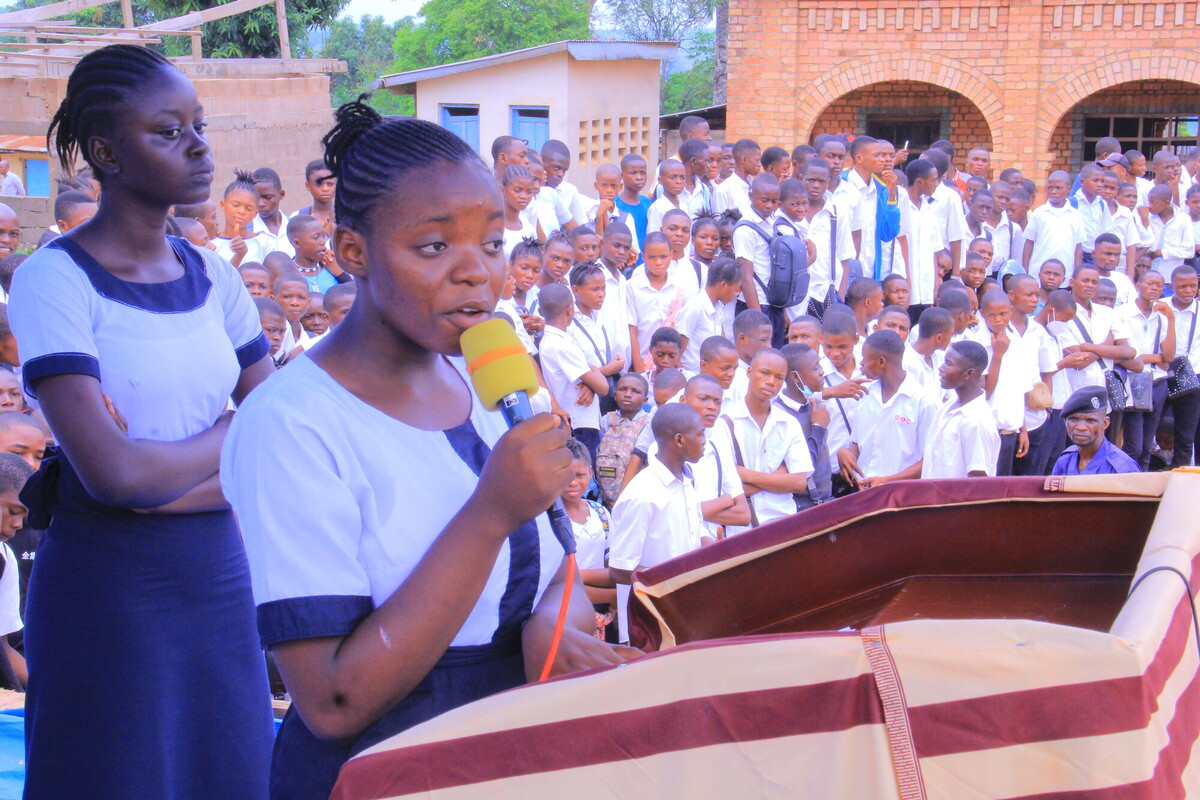
Ipas DRC
Ipas Democratic Republic of Congo officially launched their Child Marriage, Teen Pregnancy and School Dropout (CTS) strategy during a major awareness-raising event in Tshikapa, Kasaï province, attended by over 2,000 pupils from various schools in the town.
For International Day of the Girl Child on October 11, Ipas Democratic Republic of Congo (DRC) officially launched their Child Marriage, Teen Pregnancy and School Dropout (CTS) strategy during a major awareness-raising event in Tshikapa, Kasaï province, attended by over 2,000 pupils from various schools in the town, as well as by key provincial leaders.
“Political engagement is key to effectively addressing child marriage, teen pregnancy and school dropout. — Dr. Mike Mpoyi, Ipas DRC national program manager
6. Ipas Ethiopia works to improve sexual and reproductive health services for marginalized young people
Ipas Ethiopia, through the MakeWay Project, works to improve the country’s policy environment for effective implementation of sexual and reproductive health (SRH) services for marginalized youth.
The Make Way program is a five-year project (2021-2025) funded by the Netherlands Ministry of Foreign Affairs. It aims to help young people, especially those facing challenges like poverty, disability, and displacement, access information and services related to sexual and reproductive health.

This program is being implemented in Ethiopia by a group of experienced organizations, including Voluntary Service Overseas (VSO), Ipas Ethiopia, Forum for African Women Educationalists (FAWE), and CORAH, working together to ensure that young people have the knowledge and support they need to make informed choices about their sexual and reproductive health.
“Our advocacy for youth-friendly, accessible SRHR services is gaining traction, with more communities recognizing the critical role of SRHR in preventing child marriage, teenage pregnancy, and school dropout.” — Zelalem Andualem, Youth Panelist, Make Way Program
7. Chatbot in Bolivia provides 24/7 support to sexual violence survivors
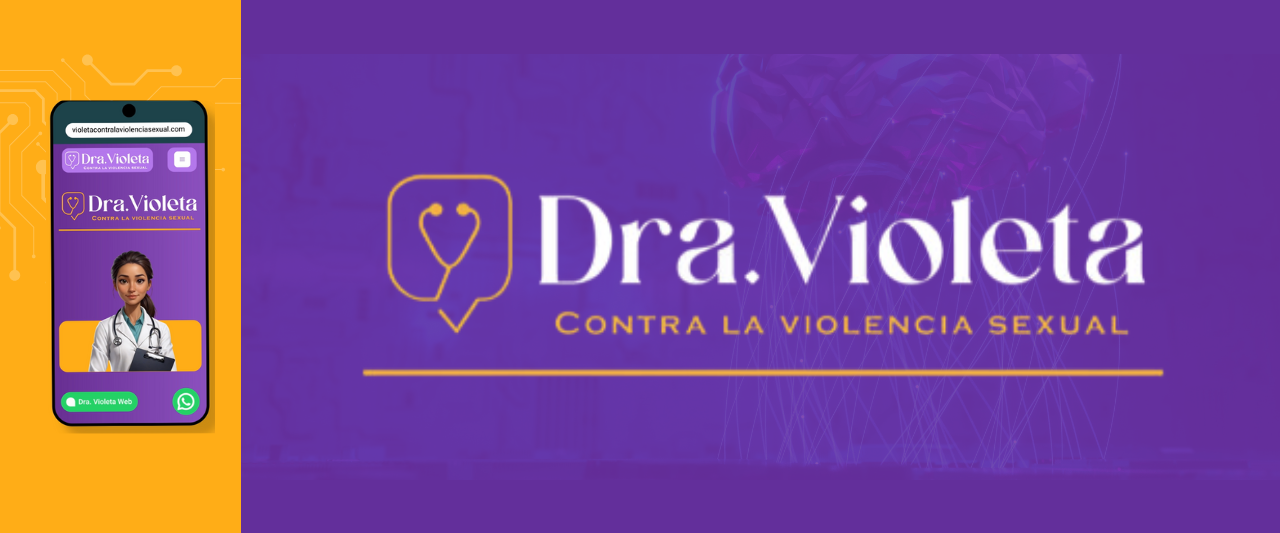
Bolivia has one of the highest rates of sexual violence in Latin America. According to Equality Now, one in three girls experiences sexual violence before the age of 18. In response to this, Ipas Bolivia created Dra. Violeta, the first Spanish-language chatbot dedicated to providing fast, confidential, and accessible support to survivors of sexual violence.
“Our goal is to empower women and those who can become pregnant to act quickly and effectively in situations of sexual violence by providing reliable, real-time information.” — Dr. Malena Morales, Ipas Bolivia director



